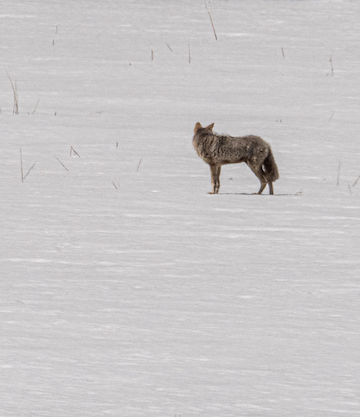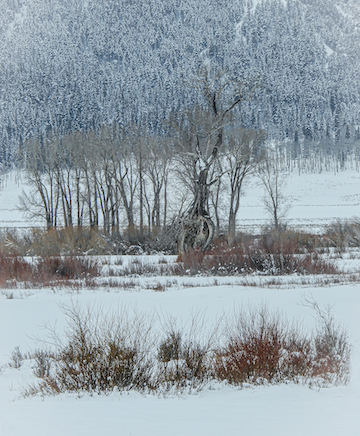
In June, at the writing workshop with Gary Ferguson and Mary Clare I had felt hopelessly out of practice–the blank page intimidated me–it was like I was trying to run a marathon after being completely sedentary for years. My writing muscles had atrophied and words dragged across the page. The ease with which I used to be able to make connections and find metaphors eluded me and reaching for meaning was so effortful.
After days of working with other writers, putting in the miles of words and immersing myself in language I began to feel more capable, but that feeling of a writers’ high, where words flow effortlessly, never came. My writing felt pedestrian. I was still struggling to express the way my worldview has evolved as I explore my relationship with the more than human world.
I took that frustration to the Fishtrap Writer’s Conference the following month. There, I continued to exercise in Craig Child’s workshop, and still, there was such a disconnect between my writing and the feeling I sought to convey. And then, at a reading with Debra Magpie Earling for her new book, The Lost Diaries of Sacajawea I began to understand what was missing. When I’d read her book I was enchanted by the language, how it had transported me to a different time and culture. It was written in English, but it didn’t feel like English.
As Robin Wall Kimmerer says in Braiding Sweetgrass, “The english language is noun based, which feels somehow appropriate for a culture so obsessed with things.” Its grammar –subject/object– makes us think of the more than human world as objects. Kimmerer advocates for a language of animacy, akin to many indigenous languages. “A grammar of animacy could lead us to completely new ways of living in the world. A world of equality of species, not a domination of one.
Part of my frustration arose from the fact that what I am trying to do in my Yellowstone project is to listen to what the land has to say. To get out of my western mindset of separation–self/other–and begin to see everything in relation to everything else.
So how does one utilize a grammar of animacy in their writing? Towards the end of the workshop I got my first clue. Craig Childs challenged me to write a piece without using “I”. It felt like an overwhelming challenge at first, but it also was very freeing–one step closer to getting out of the way and letting the landscape speak. The other issue was pronouns. How do you speak of the more than human world without objectifying– using “it.” I began to experiment with Kimmerers’ idea of ˆki”
*****

There are trees that separate themselves from the forest and call out for your attention. They become special friends and each time you visit they tell you a bit more about their lives and lives of those who live around and within them. They are quiet storytellers, but if you are patient they will let you a little deeper into their world each time.
In the middle of the Lamar there was a tree–a particular cottonwood that stood in the snowy valley on two legs. The Walking Tree. Long ago ki had sprouted and grown upon the back of a fallen elder. The downed tree gave up all the nutrients still stored in kis body to feed this next generation. As the sapling got bigger kis roots, hugging the old one now, grew thicker until they could support the weight of the young tree on their own, and the elder slowly faded back into the earth from which ki had arisen.
But this year, The Walking Tree was not there. Ki had disappeared into the landscape and the tracks of kis leaving had been swept away by the flood.
Kiowa author N. Scott Momady writes of their creation story, coming one by one into the world through a hollow log. “I would like to see that place,” his grandfather says, “I would like to see that log. I wonder if it is still there. Probably it has crumbled into the ground. All things are taken back by the earth, for all things belong to it. And all things can be contained in a story.”
The Walking Tree held the story of that elder in kis body. And now that place in the Lamar holds the story of a tree who walked away into a different state of being.
*****
The pronoun problem is awkward. But what I realized from this piece was not that I couldn’t write anymore, but that the way I have always written no longer expresses my new understanding of the world. That I am going to have to , like Deborah Magpie Earling, find a new way to use language.
Perhaps that is the ultimate challenge of our time. “For each generation the truths, archetypes and mythic images that flow through us, through this lineage we carry, must be renewed by emerging generations, in a new language for a new time.” Ensouling Language
